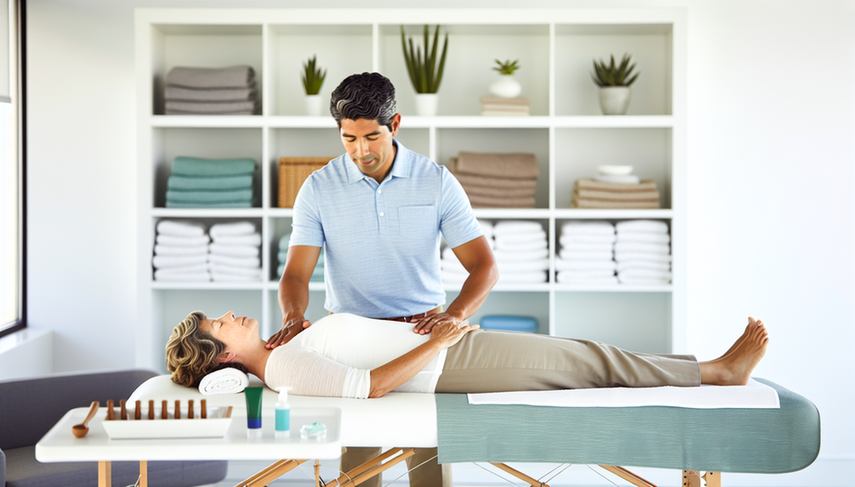Effective Tension Headache Treatment: NSAIDs, Muscle Relaxation, and Cervical Physiotherapy for Postural Correction

Dear colleagues, tension headaches are among the most common forms of headache we encounter in daily clinical practice. They are often described as a sensation of pressure or tightness around the head, and while they may not be as debilitating as migraines, they can significantly impact our patients' quality of life. In this article, we will explore the most effective treatment strategies, focusing on the use of NSAIDs, muscle relaxation techniques, and cervical physiotherapy for postural correction.
Diving into Treatment
The treatment of tension headaches typically begins with the use of over-the-counter analgesics, such as NSAIDs (non-steroidal anti-inflammatory drugs). Studies have shown that medications like ibuprofen and naproxen are effective for acute pain relief during tension headache episodes [1]. However, it is crucial to avoid overuse to prevent the development of medication-overuse headache [2].
In addition to analgesics, muscle relaxation techniques and electromyographic biofeedback have proven effective in managing tension headaches [3]. These techniques help reduce muscle tension and stress, factors that often contribute to the onset of these headaches. Cervical physiotherapy, which includes postural correction exercises and massages, can also be beneficial, although scientific evidence regarding its efficacy is limited [4].
Conclusions
In conclusion, managing tension headaches requires a multidisciplinary approach that combines the use of analgesics with muscle relaxation techniques and cervical physiotherapy. While NSAIDs are effective for acute pain relief, it is essential to educate patients on the proper use of these medications to avoid long-term complications. Incorporating relaxation techniques and physiotherapy can significantly improve treatment outcomes, providing a more holistic and sustainable approach to managing this common condition.
Referencias
- [1] Treatment of tension type headache: paracetamol and NSAIDs work: a systematic review.
- [2] EFNS guideline on the treatment of tension-type headache - report of an EFNS task force.
- [3] Treating tension-type headache -- an expert opinion.
- [4] Therapeutic exercise as treatment for migraine and tension-type headaches: a systematic review of randomised clinical trials.
Created 5/1/2025
